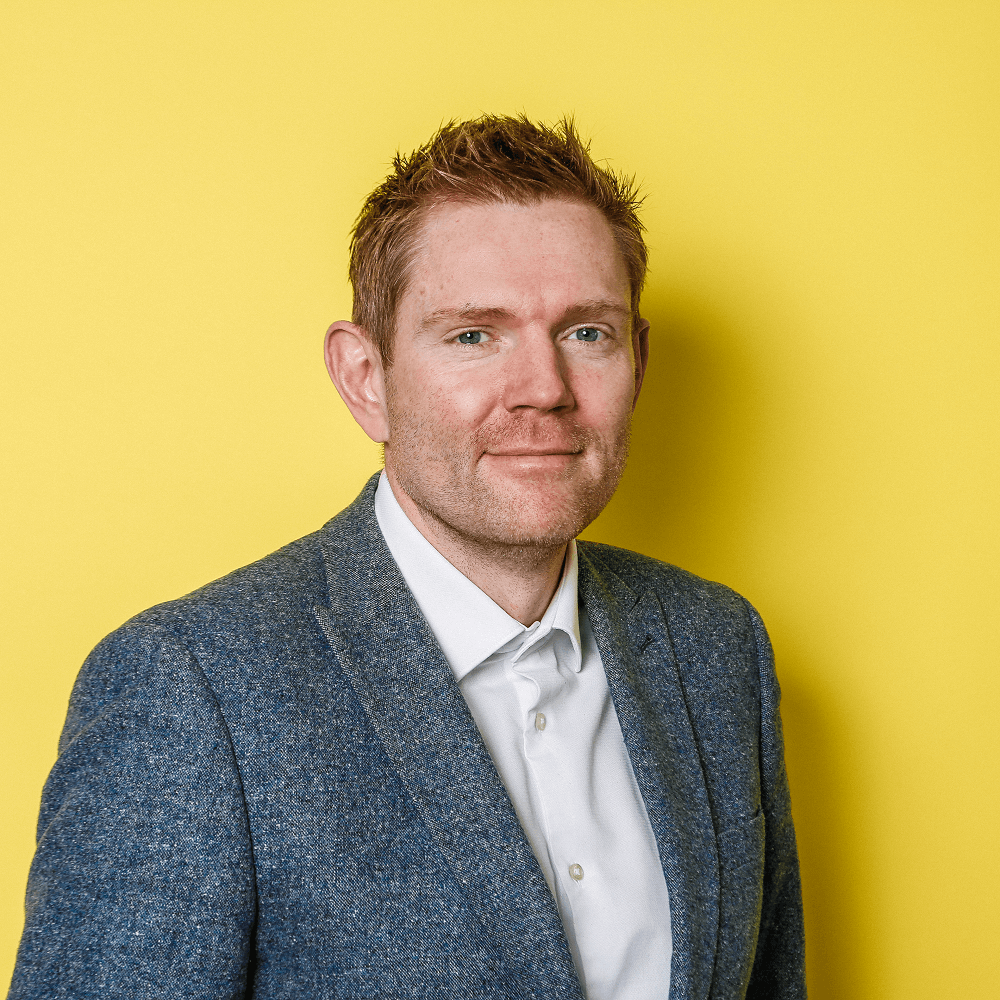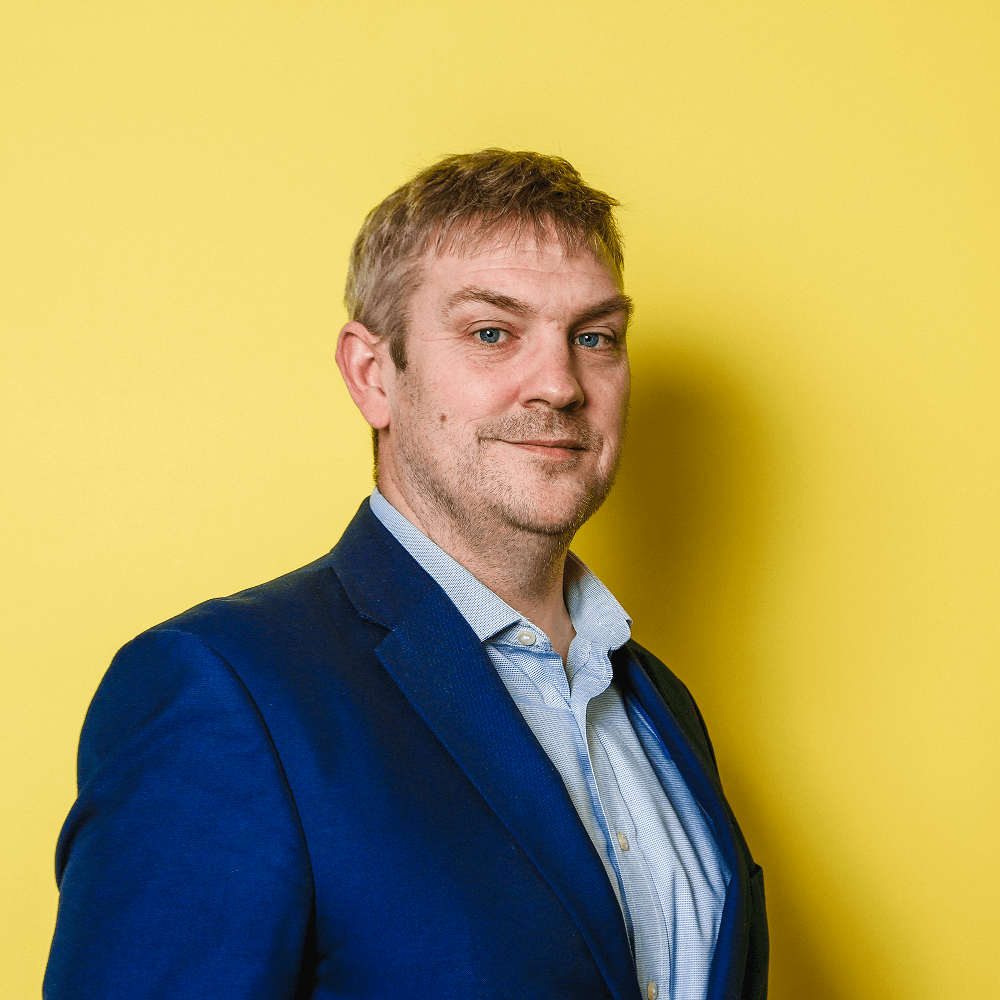Culture as Competitive Advantage

CEMEX have adapted their understanding of culture to reframe their products from a commercial and technical choice, to a emotional one.
In Mexico, concrete homes are the norm. Ideal for the warm climate, concrete is relatively inexpensive, readily available (with 38 cement plans in the country) and easy for DIY. Self build house extensions are an easy option for families who need extra space. And yet, still most low-income families live in homes that are small and overcrowded despite owning their land and having access to affordable, familiar building materials.
They forgo constructing the much-needed addition to their home. And the reason?
Their celebratory and generous culture.
Whilst an Englishman’s home is his castle, in Mexico families are more likely to spend what little disposable income they have in gifts and celebrations – everything from weddings to baptisms to quiceaneras. Families that need additional space to thrive instead reconcile themselves with the phrase:
Stuck in a behavioral cycle that prevents them from breaking free, those who do look to extend often take on average seven years to make it happen.
CEMEX, a Mexican multinational supplier of cement-based products, understand this culture. Rather than fight against the culture that puts off home renovations in favour of giving to others, they wove their product into the existing culture, making it more available to those who need it. How did they do it?
They set up a programme that allowed families to pay into a fund that helped others purchase building materials for their homes.
The programme, Patrimonio Hoy, is based on the existing cultural practice of tanda – a form of short-term no interest loan amongst family and friends. Typically, the group pull a portion of funds together and then give the ‘pot’ to one person at a time; money is collected regularly until each person has taken their turn winning the pot.
Families in the program can save for building materials for their own extensions and help others at the same time. This shifts the function of saving for an extension from a practical choice to an emotional one – one that fulfills the cultural needs of the people it serves.
By recognising the status quo, Cemex were able to align and leverage it for the good of all.
At Akerlof, we also apply behavioral science. We understand the importance of people, culture and context – that modern methods and solutions need to be tailored and applied appropriately to suit our clients, their teams, skills and the environment.
Horses for courses ….
https://www.cemex.com/-/patrimonio-hoy-a-home-for-everyone
Adapted from Shtick to Business: What the Masters of Comedy Can Teach You about Breaking Rules, Being Fearless, and Building a Serious Career by Peter McGraw
I used to want to be a robber in Mexico but they’ve bandit




